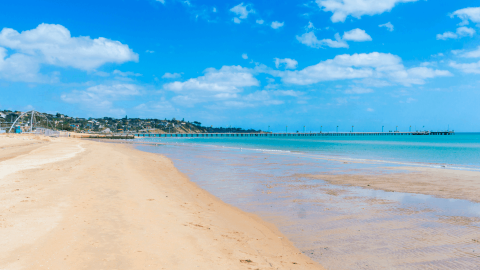Did you know that by 2050 more than two thirds of the world’s population is expected to be living in urban areas?

John Koumoukelis
As our cities grow, traditional sanitation methods with centralised sewage treatment systems may not cope with growing sludge disposal restrictions, the need to reduce and retrieve nutrients and concerns about contaminants.
This led to new wastewater treatment solutions including Organica – a system that relies on a natural plant ecosystem to treat wastewater and makes a treatment plant look more like a greenhouse or a garden.
Organica uses plant roots that grow into the effluent encouraging bacteria and living organisms to develop. This creates a completely natural form of treatment and reduced energy and operating costs. Its bio-film-based treatment technology suits modern society with a small footprint, lower excess sludge production and integration into an urban environment.
With 50 operating references around the world, Organica plants are successfully and easily installed into urban environments where typically it would be difficult to place a traditional wastewater treatment plant.
 How does it work?
How does it work?
The Organica Food Chain Reactor incorporates wastewater treatment into a single structure and includes solids removal, biological treatment/nutrient removal, phase separation and final treatment at a quality for re-use (if required).
This is done in a multi-stage cascade approach that uses Integrated Fixed Film Activated Sludge technology. It combines natural plant and engineered media to provide a habitat supporting a diverse range of bacterial culture.
The plant roots grow in water and their high specific surface area provides an especially good habitat for microbes to form biofilm on the roots. Additional artificial carriers imitating plant root structure are installed into the deeper zone of the reactors where natural roots do not reach.
Due to the biofilm-based process, a lower footprint and lower excess sludge production can be achieved compared to conventional treatment technologies, decreasing capital and operational costs.

About the author
John Koumoukelis is a Board Member of the Hydroflux Group whose subsidiaries include Hydroflux HUBER, an equipment supplier of the world’s best wastewater technology. Organica Water recently appointed Hydroflux as its exclusive agent for Australia. More information can be found at www.hydroflux.com.au.













